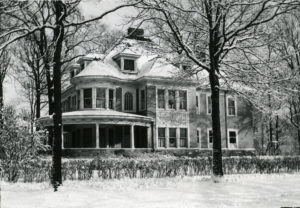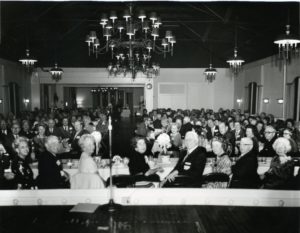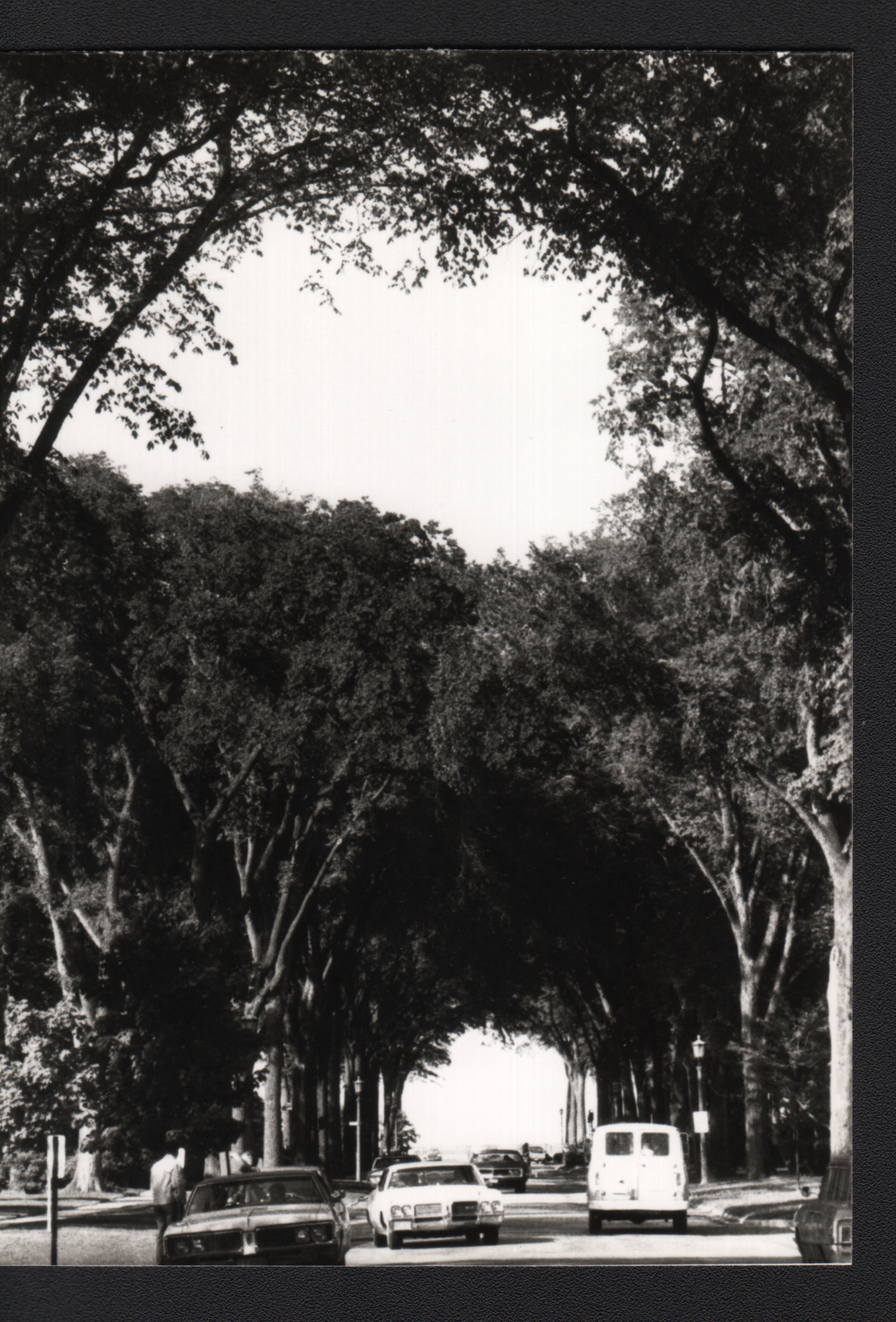There were no racial or religious restrictive covenants in Kenilworth during Joseph Sears’ life. Recent research, summarized below, shows that Colleen Kilner’s book Joseph Sears and His Kenilworth includes many inaccuracies. Her outdated information was cited by the ongoing petition to rename Joseph Sears School.
Challenging how we view the past, how it has affected the present, and what we can stand to learn from it are perhaps the most fundamental applications of History. In order to do so effectively, we must be able to understand and distinguish the facts from what is undocumented. The Kenilworth Historical Society is committed to collecting, preserving, and sharing the history of Kenilworth as accurately as possible.
Since Colleen Kilner’s 1969 history, Joseph Sears and His Kenilworth, lacks footnotes and offers minimal, imprecise information about deed restrictions, an extensive research project was conducted by the Kenilworth Historical Society, which examined the deeds. Approximately 70 deeds, from the 1890s through the 1940s, covering every major Kenilworth subdivision, were examined to understand when, where and what restrictions applied.
Our research showed that during Joseph Sears’ lifetime (until 1912), there were only four restrictions found on land that was sold:
1. No sale of intoxicating beverages
2. Minimum building setback from the street
3. Minimum building costs
4. Location of stable
Racial or religious restrictions only appeared in Kenilworth deeds starting from the 1920s. Deed restrictions in Kenilworth were not uniform village-wide. Restrictions varied over time by subdivision and some subdivisions had no deed restrictions. Deed records are kept at the Cook County Recorder of Deeds Office.
The context of racial restrictions extends far beyond Kenilworth and the North Shore. It is multi-faceted and national. Insight is provided by an important study; Helen Corbin Monchow’s The Use of Deed Restrictions in Subdivision Development, published by the Institute for Research in Land Economics and Public Utilities in 1928. The Supreme Court held deed restrictions to be unenforceable in 1948 (Shelley v. Kraemer).
Without transparency in history there is no room for growth. Without proper documentation or references to support claims, we run the risk of fabricating history.
–The Kenilworth Historical Society team
 In celebration of its centennial, the Kenilworth Historical Society is partnering with the Chicago Architecture Center to create a series of Kenilworth walking tours. Participants will view the earliest homes in Kenilworth and learn about residential architecture built between the 1890s and the 1920s by distinguished Chicago architects. Noted architects include George Washington Maher, Franklin Burnham, Joseph Lyman Silsbee, George Nimmons and John Van Bergen.
In celebration of its centennial, the Kenilworth Historical Society is partnering with the Chicago Architecture Center to create a series of Kenilworth walking tours. Participants will view the earliest homes in Kenilworth and learn about residential architecture built between the 1890s and the 1920s by distinguished Chicago architects. Noted architects include George Washington Maher, Franklin Burnham, Joseph Lyman Silsbee, George Nimmons and John Van Bergen.



